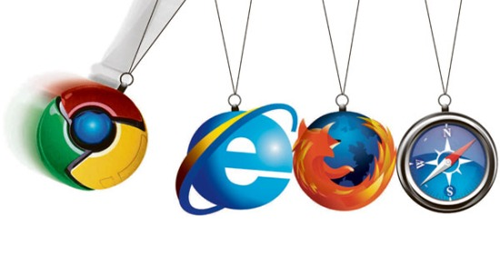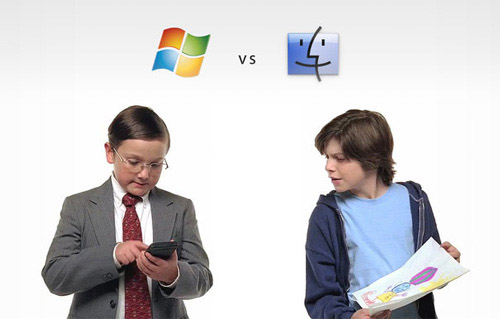 How Safe Do You Surf? Here are the web browser rankings below:
How Safe Do You Surf? Here are the web browser rankings below:
#4: Apple Safari
Hacking Safety: Poor
Operating System Safety: Good
Ease of Surfing: Good
Safari benefits greatly from being exclusive to Apple’s OSX Operating System and having a clean interface. Pages load quickly and the toolbar is unobtrusive. However, Safari is actually the easiest major Internet browser to hack, despite the advantage of existing on an OS famous for its lack of viruses. This was discovered after Safari was the first to be hacked at a conference of elite hackers. This makes sense, given that Safari probably has less protection due to the lower rate of virus incidents it experiences. Essentially, Apple is used to not having viruses that they haven’t felt the need to put as much encryption on their browser as Windows based browsers may be pressured to do. While Safari is still an effective browsers, the potential for exploit exhibited by recent epidemics like the MacDefender and MacGuard malware make it the least safe platform to surf on.
#3: Microsoft Internet Explorer 9
Hacking Safety: Fair
Operating System Safety: Fair
Ease of Surfing: Good
Previous iterations of Internet Explorer have earned the browser a bad reputation, but the latest version, IE9, has received widespread critical praise from tech sites such as Ars Technica. With a significantly cleaner interface, IE has gone from by far the ugliest browser to one of the better-looking ones. Unfortunately, it is still probably the most victimized browser in terms of virus infiltration, with almost every virus designed to work through IE. However, this has also resulted in large amounts of encryption by Microsoft to reduce the chance of viruses getting opportunities to infect your PC, making IE a browser unlikely to be hurt by a few viruses the way Safari is. While still not the safest option you could choose, IE does a pretty good job of keeping its surfers well protected from the biggest threats, even if it can’t stop every one of the many viruses that run through its browser.
#2: Mozilla Firefox 4
Hacking Safety: Fair
Operating System Safety: Fair
Ease of Surfing: Great
What gives Firefox an advantage over Internet Explorer is a combination of improved aesthetics and a dedicated community. Thousands of users are designing better, safer ways to surf Firefox through add-ons, a system Mozilla has really pioneered in the browser industry. While these add-ons don’t make a huge difference, they show attention to the individual web surfer in a way that Microsoft and Apple’s browsers don’t. However, this still means that Mozilla is roughly as open to viruses as Internet Explorer is. The reason I give Mozilla the overall advantage is that it has the most user-friendly interface of any web browser. This easy-to-understand layout makes it more enjoyable to surf.
#1 Google Chrome
Hacking Safety: Good
Operating System Safety: N/A
Ease of Surfing: Great
In one of the biggest new hacking tournaments, Chrome was the last of these four web browsers to be hacked. There are a number of reasons that make Chrome more difficult to manipulate, especially the fact that it runs as a “Sandbox”, which means it doesn’t interact with the computer’s operating system, making the Windows/Mac OSX debate irrelevant for this particular browser. This factor makes hackers want to steer clear of Chrome entirely when making their viruses just because they are so used to incorporating the operating system within said virus; so the “sandbox” is an unwelcome change for hackers that requires extra work. This isn’t to say that Chrome doesn’t have its share of bugs, but its system definitely makes these bugs more of a challenge for hackers to take advantage of. Google Chrome is the safest and cleanest system because it has an interface that does away with the toolbar entirely and integrates the tabs into the top of the browser. It may not have Mozilla’s community or personality, but it is superior in safety aspects.










